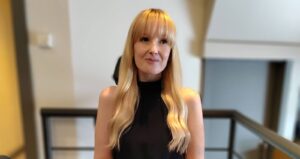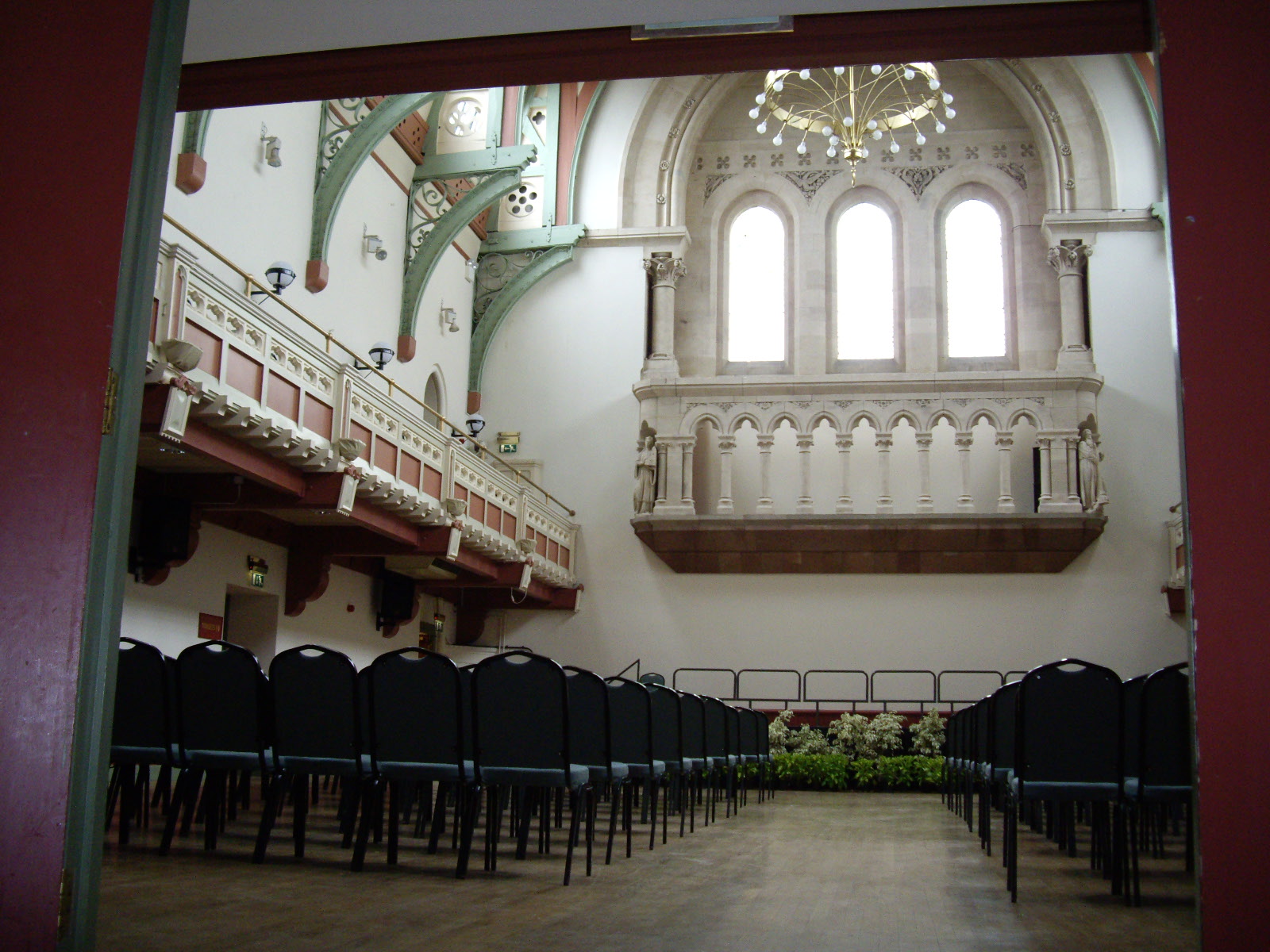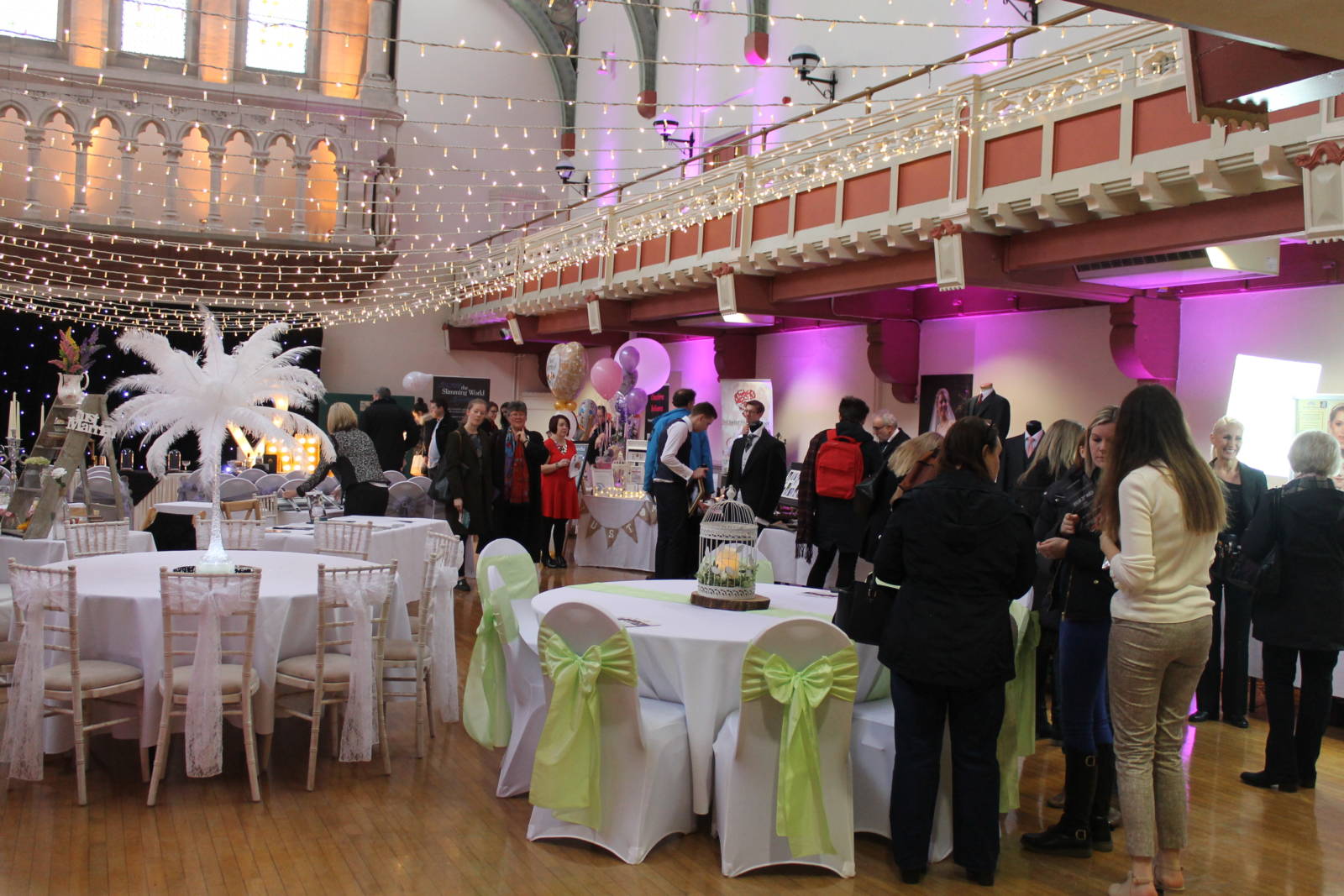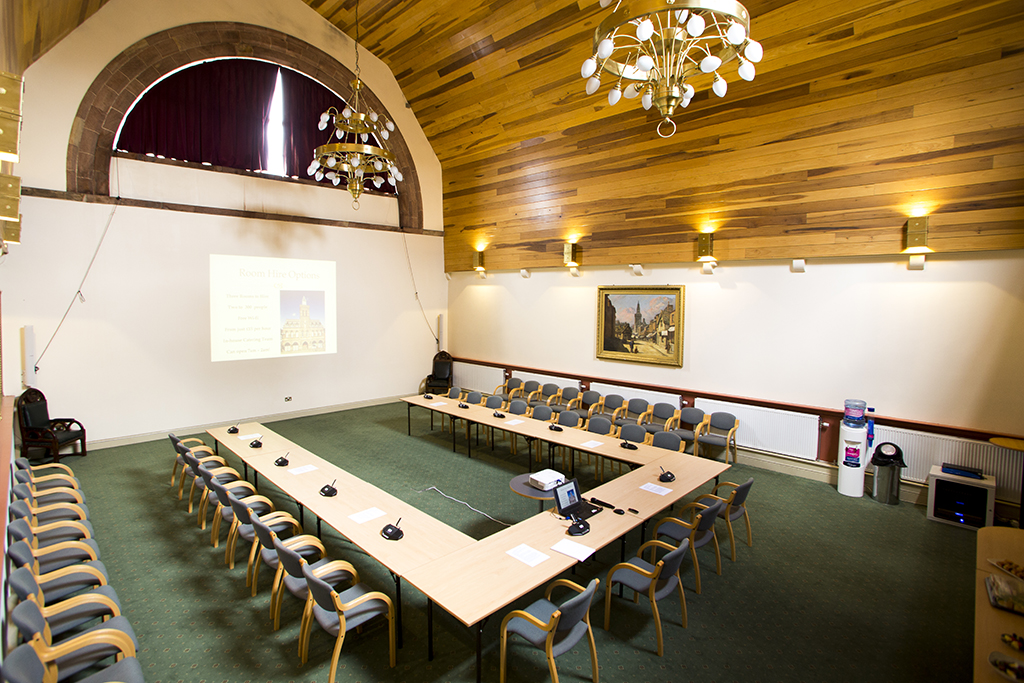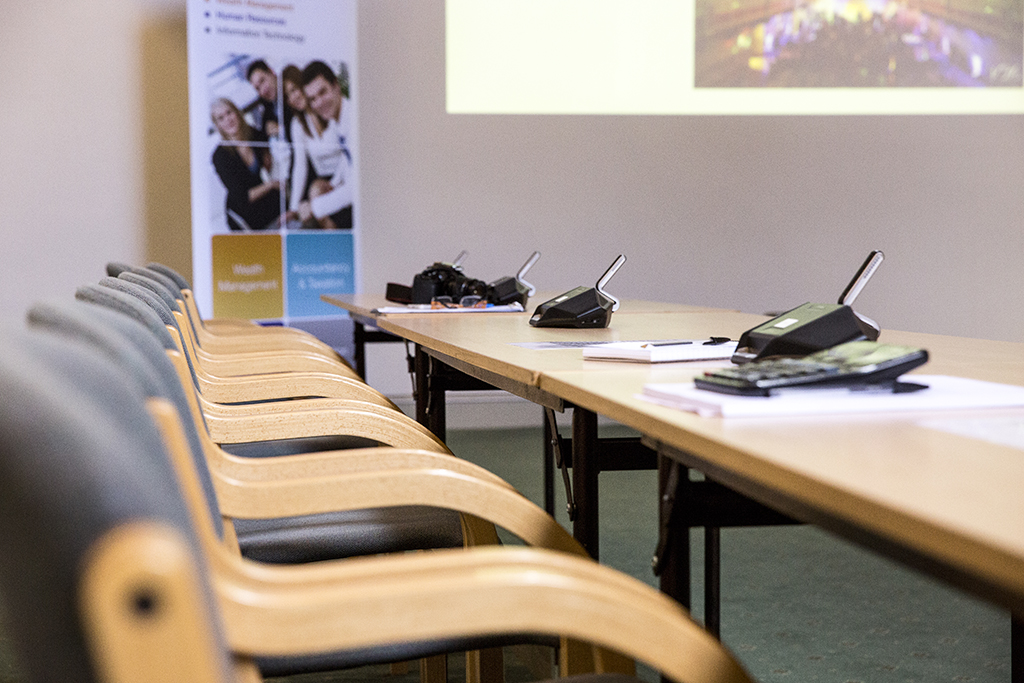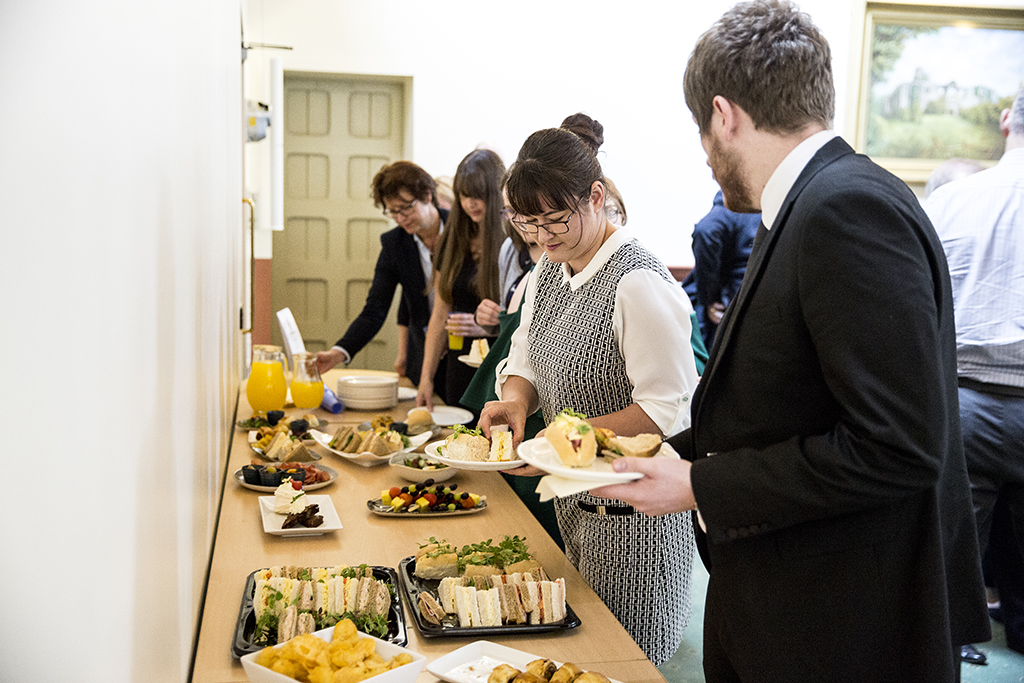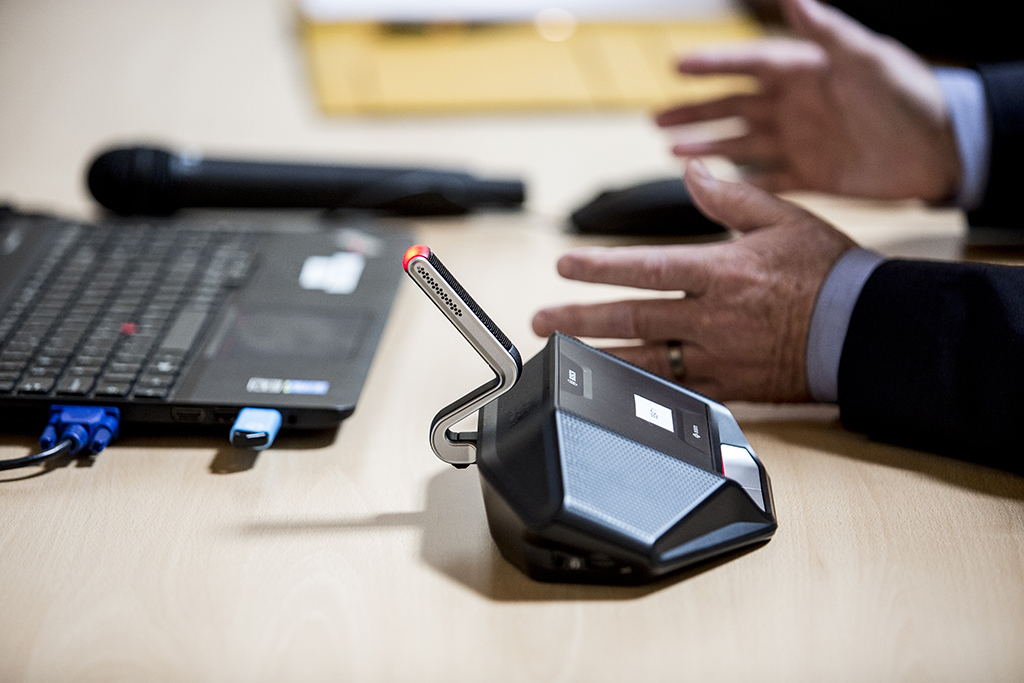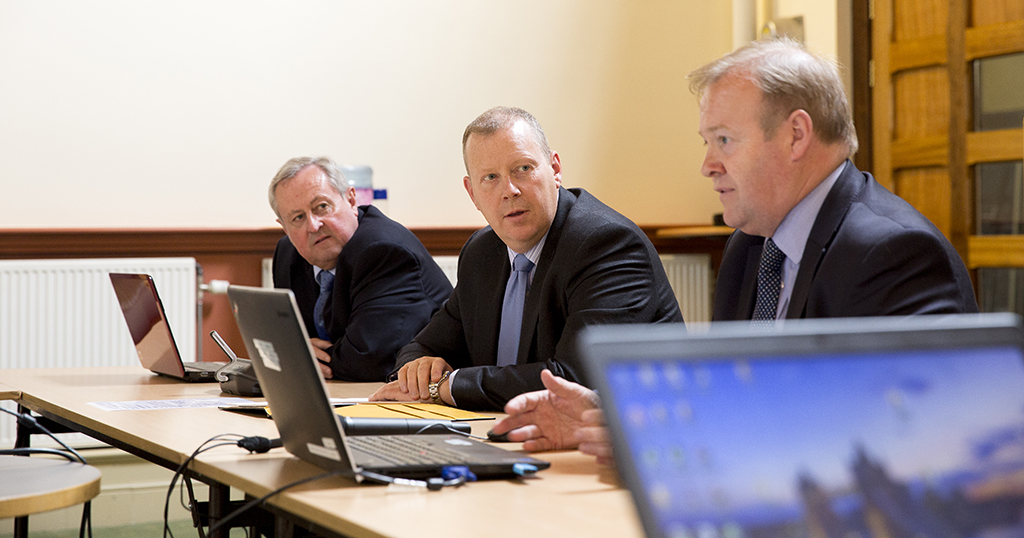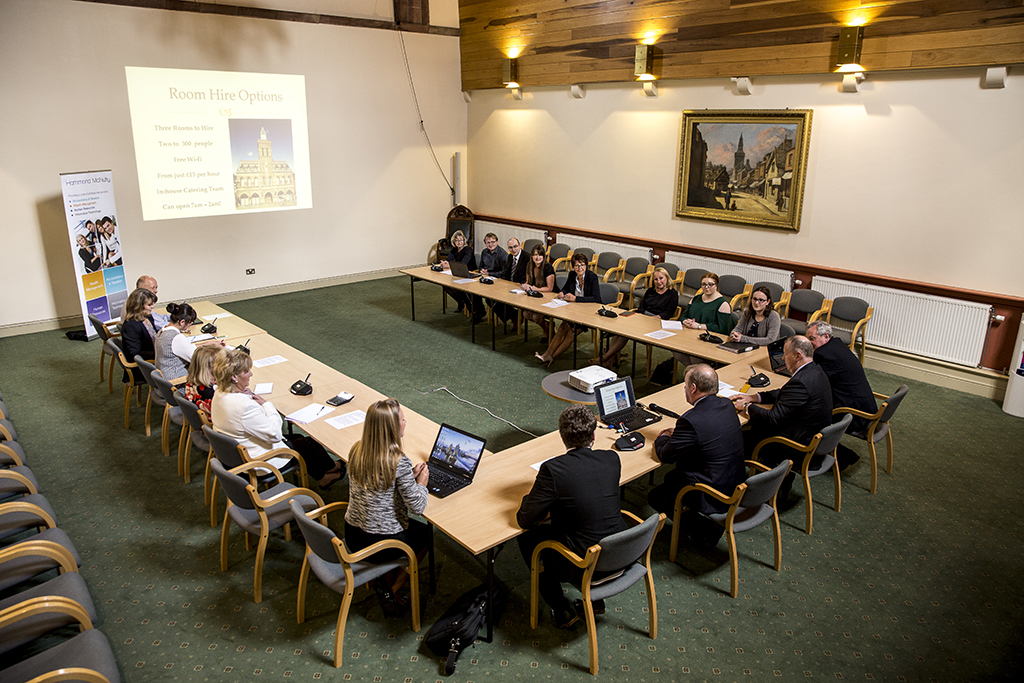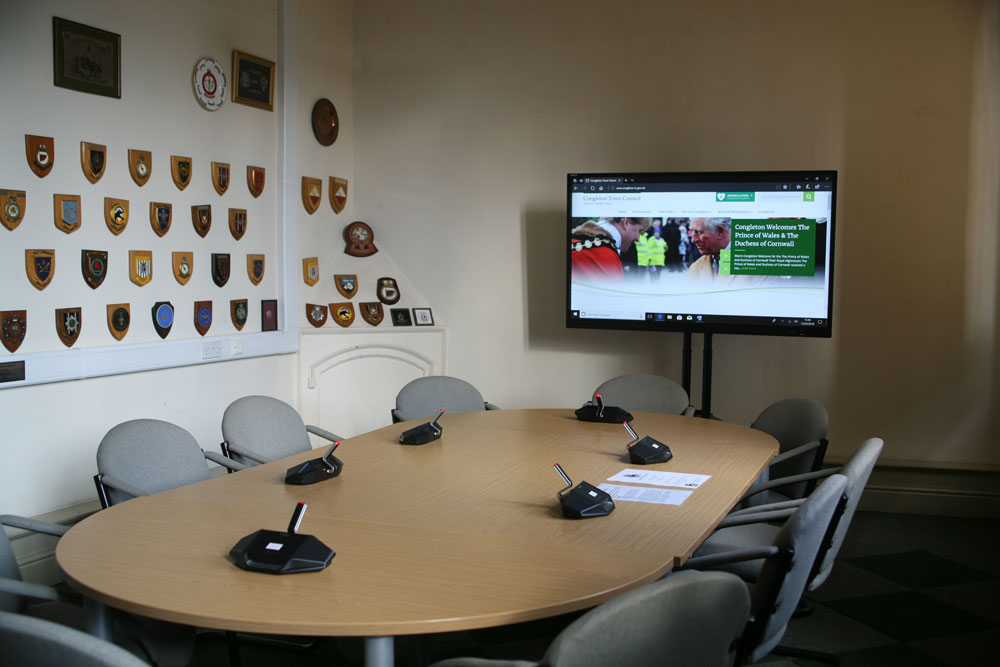Congleton Town Council has pledged to work with people in Congleton to make the town council’s activities and Congleton town generally more accessible to all.
Equal Access in Congleton group is spearheading this work, advising Congleton Town Council on ways that the lives of people living with a disability in Congleton could be improved. The group is chaired by Deborah Lawson, one of the most influential disabled change makers in the UK, and a recognised global ‘Woman of Courage’ who lives in Congleton. It is noted that many requests raised are outside of the Town Council’s control, however gaining a full understanding of the issues helps to ensure improvements are made and the requests for change are raised with the right organisations. The minutes of the group’s meetings can be seen at the bottom of the page.
Deborah Lawson, Chair of the Group has produced a disability awareness brief overview guide. Being educated about disability issues and treating disabled people with respect and kindness can help reduce the stigma and discrimination against disabled people. Recognising the strengths and contributions of everyone in our town can help create a more diverse and inclusive society. Downlaod the guide here:
disability-awareness.-a-brief-overview.-by-deborah-lawson.pdf
Thank you to the 151 people who completed the Equal Access Survey (link takes you to a copy of the survey). The insights gained from the survey are being considered by the Equal Access Group as it pulls together recommendations on a range of topics – events, transport, town centre, communications and education. A summary of the results of the survey can be seen at this link.
Around 35 people gave their details to join an Equal Access Interest Group. Members of this group are sent minutes and agendas of the advisory group and will also be sent documents to review. If you wish to join this group email info@congleton-tc.gov.uk. You can opt out at any time.
Areas of Work that the Town Council is undertaking
Investigate becoming a Disability Confident Council/Employer
Apply for funding to progress these areas of work and consider providing a Changing Places Toilet within the town centre.
Disability awareness involves recognising the rights and needs of disabled people and treating them with respect and equality. This includes understanding the challenges and barriers that disabled people may face and taking steps to create a more inclusive and accessible environment.
There are many ways to promote disability awareness, including:
- Becoming educated about disability-related issues and the experiences of disabled people.
- Using inclusive language and the correct etiquette when interacting with disabled people.
- Advocating for disabled people’s rights.
- Actively working to create more inclusive and accessible spaces (including removing physical and social barriers).
- Supporting organisations that promote the rights and inclusion of disabled people.
- Collaborating and learning from disabled people.
By understanding and acknowledging the challenges and barriers that disabled people may face, a more inclusive, supportive, and accessible society can be created. This includes ensuring public spaces are wheelchair accessible, providing accommodations in the workplace, and promoting the use of assistive technologies. Becoming educated about disability issues and treating disabled people with respect and kindness, can also help to reduce stigma and discrimination against disabled people.
Disability awareness is important because it allows us to recognise the strengths and contributions of everyone, and helps create a more diverse and inclusive society.
The council has been consulting with a number of groups to gain a better understanding of what is needed. The East Cheshire Eye Society spoke with councillors and officers and recommended:
- Decluttering the towns to make it more accessible
- Make Street Furniture more accessible by adding visibility strips to the corners of planters and around the black bollards
- Switch from glossy to matt laminates
Notes of the Meetings of the Equal Access Group
31 January 2024 – initial meeting
15 March 2024 – feedback on the survey
18 April 2024 – focus on events
31 May 2024 – focus on transport

